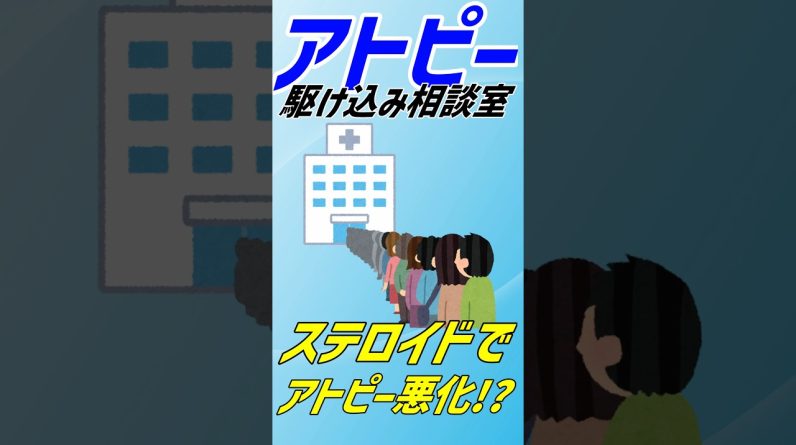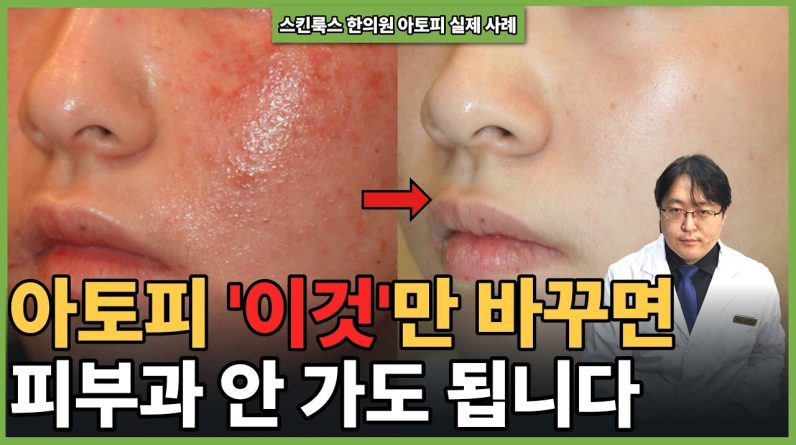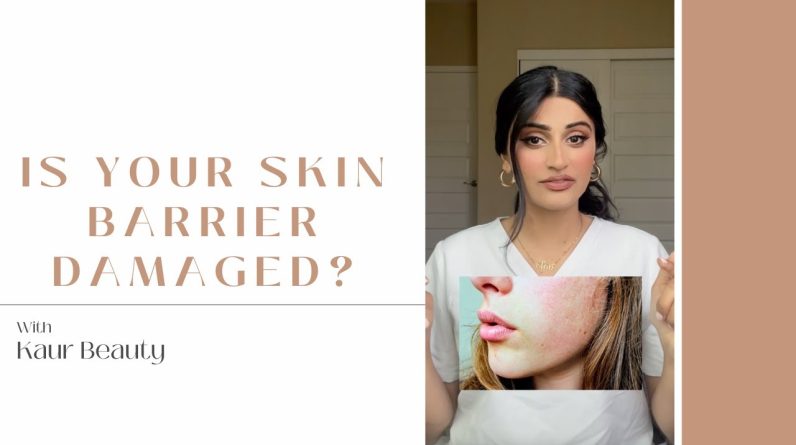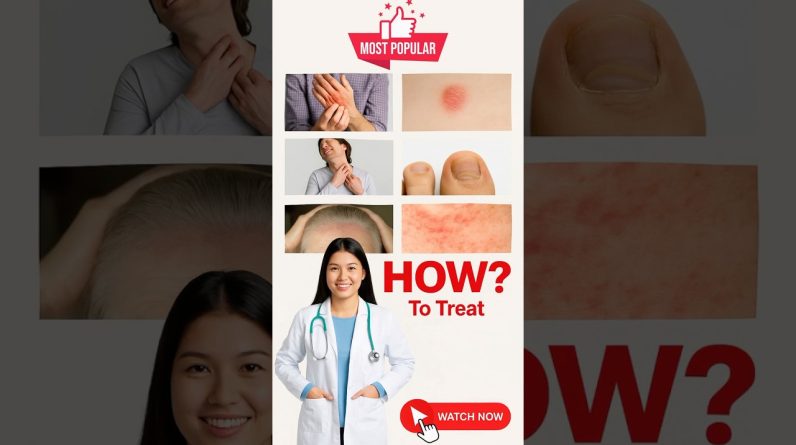herpes on face proven and effective method to
PERMANENTLY ELIMINATE THE HERPES VIRUS FROM YOUR BODY
click the link
PLEASE LIKE, SHARE AND SUBSCRIBE TO MY CHANNEL
#herpesonface
herpes on face
Herpes on face aren’t usually serious and can be treated by a pharmacist. Your pharmacist may recommend that you contact your GP practice if required.
If you’ve had outbreaks of herpes on face before, it’s likely that you’ll know what they are if they return.
You only need to visit your pharmacist if you’re unsure whether it’s a herpes on face or if it’s severe and spreading further than just the lip. See your pharmacist if a herpes on face hasn’t healed after 7 to 10 days.
What causes herpes on face?
The strain of herpes simplex virus usually responsible for herpes on face is known as HSV-1.
In rare cases, herpes on face can also be caused by the herpes simplex virus type 2 (HSV-2). This can be the result of having oral sex with someone who has genital herpes.
Read more about the causes of herpes on face.
Herpes simplex virus
The herpes simplex virus – or “herpes on face virus” – is highly contagious and can be easily passed from person to person by close direct contact. After someone has contracted the virus, it remains inactive (dormant) most of the time.
However, every so often the virus can be activated by certain triggers, resulting in an outbreak of herpes on face. These triggers vary from person to person, but can include sunlight, fatigue, an injury to the affected area, and, in women, their period.
Some people have frequently recurring herpes on face around two or three times a year, while others have one herpes on face and never have another. Some people never get herpes on face at all because the virus never becomes active.
Treating herpes on face
herpes on face usually clear up by themselves without treatment within 7 to 10 days.
However, antiviral creams are available over the counter from pharmacies without a prescription. If used correctly, these can help ease your symptoms and speed up the healing time.
To be effective, these treatments should be applied as soon as the first signs of a herpes on face appear – when you feel a tingling, itching or burning sensation around your mouth. Using an antiviral cream after this initial period is unlikely to have much of an effect.
herpes on face patches are also available that contain hydrocolloid gel, which is an effective treatment for skin wounds. The patch is placed over the herpes on face while it heals.
Antiviral tablets may be prescribed for severe cases.
Read more about treating herpes on face.
Complications of herpes on face
herpes on face are usually mild, but may cause complications in rare cases. People with weak immune systems caused by illness or treatments such as chemotherapy are particularly at risk of complications.
Dehydration sometimes occurs if drinking fluids becomes painful. Young children are particularly at risk of becoming dehydrated.
The herpes simplex virus can also spread to other parts of your body. Examples of when this can occur include:
skin infections – these often occur if the virus comes into contact with broken skin, such as a cut or graze, or a skin condition such as eczema
herpetic whitlow (whitlow finger) – this causes painful sores and blisters to appear on and around your fingers.
herpetic keratoconjunctivitis – this causes swelling and irritation (inflammation) of your eye area and sores to develop on your eyelids
Left untreated, herpetic keratoconjunctivitis can cause the cornea, the transparent layer at the front of your eye, to become infected, which can eventually lead to blindness.
It’s therefore important not to touch your eyes if you have an unhealed herpes on face. If you must touch your eyes – for example, to remove contact lenses – wash your hands thoroughly first.
In very rare cases, encephalitis, a condition where the brain becomes inflamed and swollen, can be caused by the herpes on face virus spreading to the brain. It can be treated with intravenous injections of antiviral medications, such as acyclovir.
herpes on face are at their most contagious when they burst (rupture), but remain contagious until they’re completely healed. Avoid close contact with others until your herpes on face has completely healed and disappear
Shelley Grace Craft
Herpes on Face








